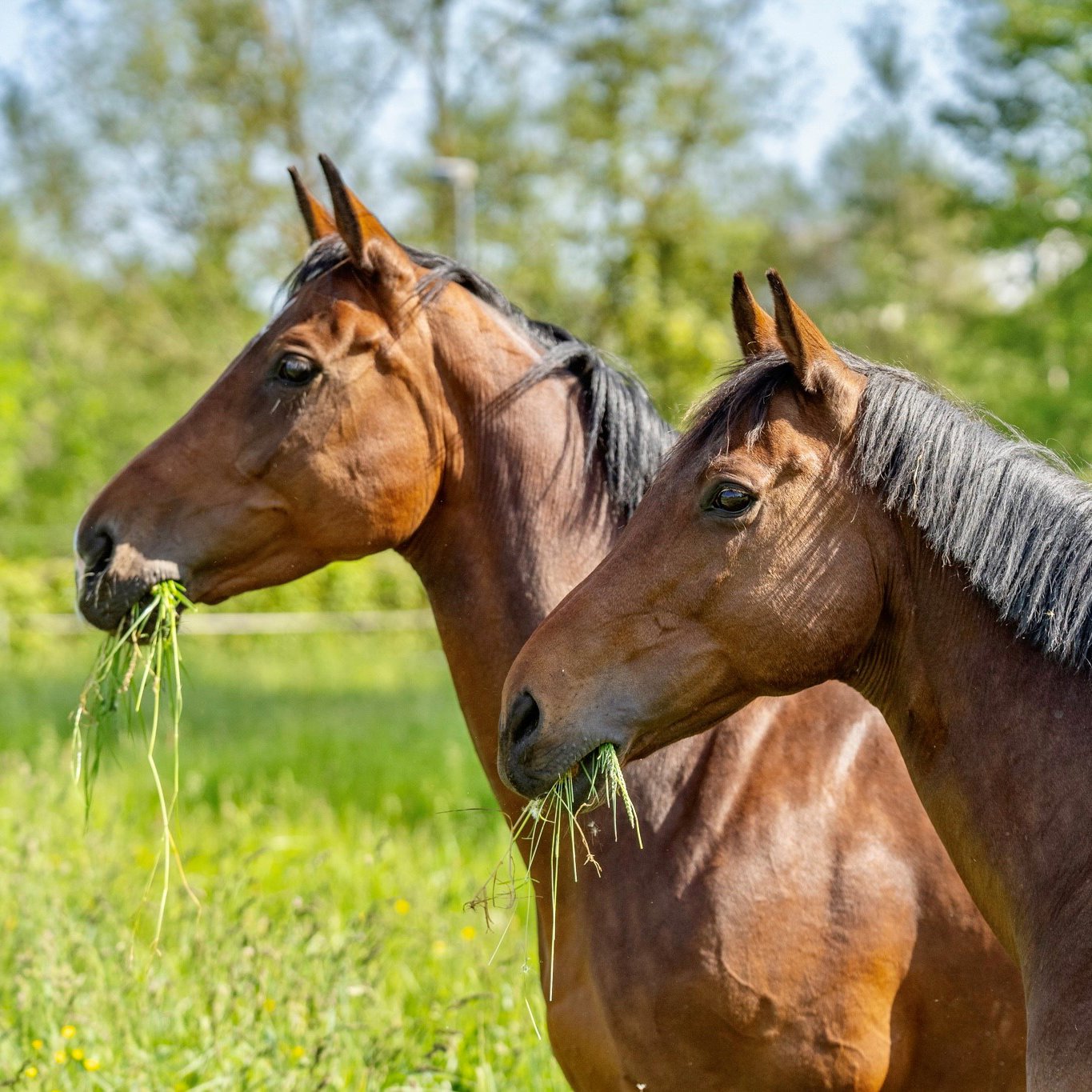
Allergy Testing in Horses
At present, a definitive diagnosis of IBH and atopy is based on the history (seasonality, recurrence and response to insect control), physical examination, and exclusion of other pruritic skin diseases such as those involving ectoparasites, bacterial, yeast or fungal infections, and food and contact allergies.
PAX Serum Test
When other triggers of the symptoms are ruled out, atopy is diagnosed. The next step is to perform an IgE serum test to identify the responsible allergens. We provide the gold standard in allergy testing through the PAX®, Horse Allergy Xplorer, test.
PAX® is the first commercial serological IgE-specific test that uses allergen extracts and molecular components to identify allergen sensitivities.
Molecular allergology is a state-of-the-art approach to the detection of sensitisations, whereby defined single allergen components are used for the determination of specific IgE in place of traditionally-used allergen extracts. The molecular components are purified or recombinant proteins that provide a higher level of standardisation than allergen extracts and enable a more precise identification of IgE sensitisations.
This is a fundamental step to develop a relevant immunotherapy treatment or implement allergen-avoidance measures.
Intradermal Skin Test
In addition to PAX, an intradermal skin test can also be performed. Small amounts of different allergens are injected subcutaneously, allowing evaluation of any local reaction that develops at the site of the injection.